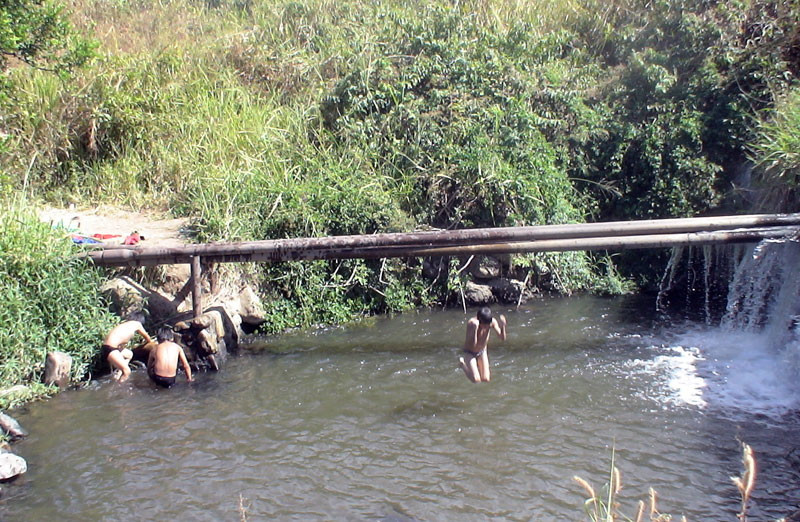Change isn’t a one way street
Politics really matter in El Salvador
Touching down at San Salvador airport gives an amazing first impression.
Immediately you feel the warm air hit you like a wall, the sounds of hundreds of palm trees rustling a hundred yards away mixed with the calls of various birds and animals tickle your ears. It’s beautiful.
Then the stench hits you. This is the epitome of most things Salvadoran (I assure you, I say this with the greatest pride): breathtaking at first glance, atrocious after a bit of digging, but nowhere near any sort of finished product.
The thing that strikes you first, and continues to hit home every day you’re there, is the thought that decency is immaterial and priceless – it is the centerpiece of our culture and the backbone of much of the country.
El Salvador runs rampant with blatant dichotomies. There are million dollar mansions built within walking distance of shantytowns and shacks; shopping malls that would fit better in California or New York than in the heart of a Third World nation. There is a tremendously active political population and a forcefully apathetic public, just as there is a voraciously socialist left wing and a die hard neo-liberal right. There is horrific violence in the midst of beauty. You get the point.
Or maybe you don’t.
I couldn’t before I arrived. Even as a former international development studies student and a current human rights student, the Third World was something alien, something impossible. Having it thrown in your face is a trip.
The first thing to hit is indeed the smell.
The second (and this will almost never go away) is the uncertainty. You find yourself questioning the oddest things: whether or not it is safer to drink beer rather than water, if chicken was ever spongy before, and whether the medicine a relative just gave you is safe or not.
The third thing to watch out for is political life. Because nothing stirs up a political shitstorm like horrid living conditions, five dollar a day wages, massive overpopulation and an apathetic government. Politics still has clout in countries like El Salvador, because political change actually matters. Agendas are still being shaped and formed, especially in countries that merely traded one hegemonic power for another and have yet to truly find their independence.
The last thing that will hit, the one you’ve been waiting for, is the utter despair. You won’t see it on people’s faces, or in their actions. You’ll wake up, go to the makeshift bathroom and look in a grimy mirror. Then you’ll see it. There’s no doubt that you’ll feel pity and sympathy, but the despair is something else. It hits you when you realize the “oppressor” isn’t a tyrant ruling with an iron fist, the antagonist isn’t an oligarchy dating back to the time of conquistadors. The focus of attention – the force against which they rebel – is us.
This became the hardest part to accept, the last dichotomy you see: the bitter knowledge that you can help and you can do great things to help improve the quality of life, but in the end we need the Third World. This is why we keep them impoverished. In the end, you come to realize that change isn’t a one way street.
Alex Garcia is a University of Winnipeg student.
Published in Volume 63, Number 17 of The Uniter (January 22, 2009)








